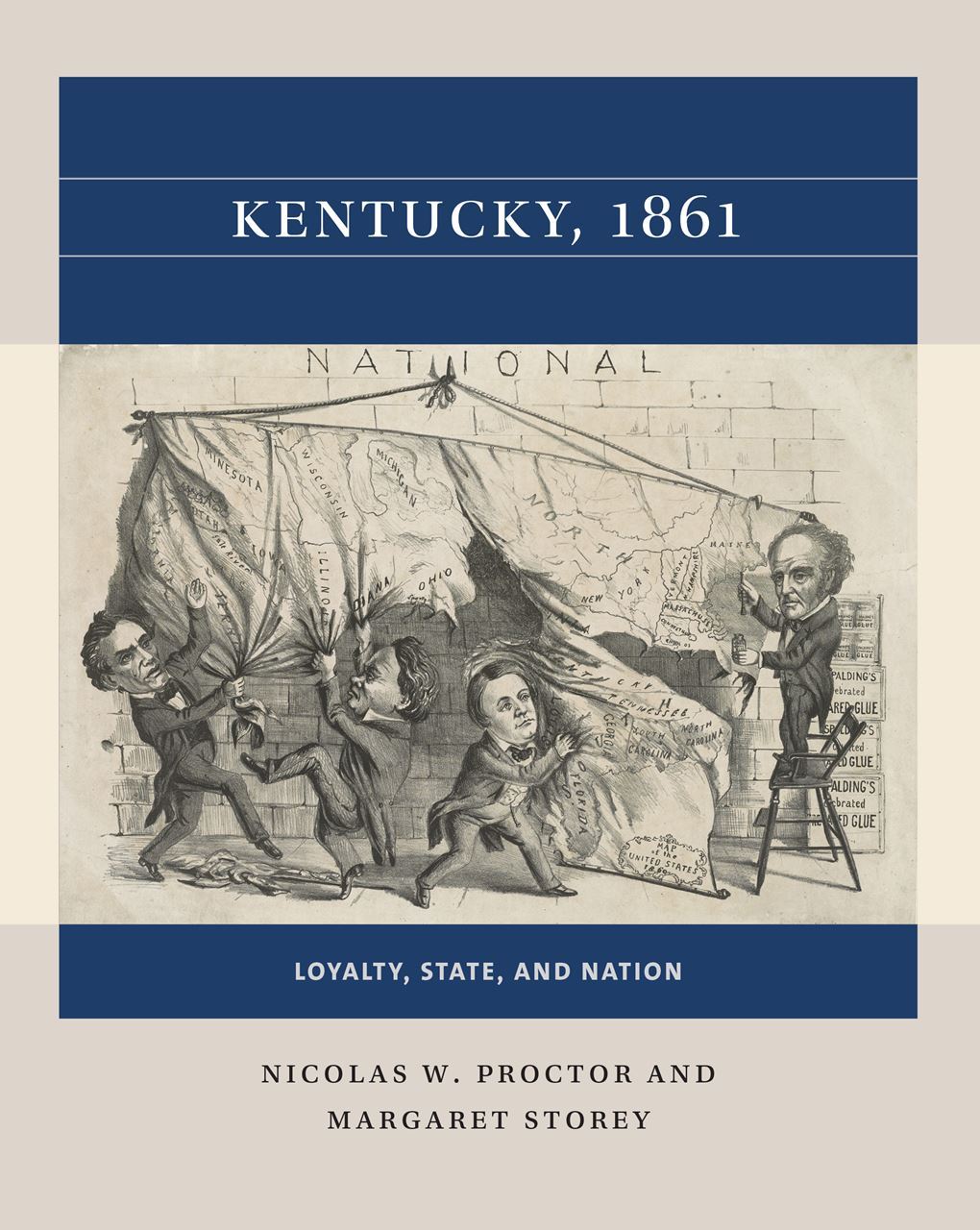 |
 Play this game recently? | John Brown--execute or not for what he did? In 1859, John Brown gathered a small force and attacked the United States arsenal at Harpers Ferry, Virginia to obtain thousands of weapons, which he planned to distribute to the slaves to free themselves. The plan failed catastrophically, with most of Brown’s force either dead or captured in less than two days. Now John Brown, recovering from his wounds, has been tried, convicted, and sentenced to death. This game is set at a fictitious conference, called to debate whether John Brown should be executed. Most importantly, this game engages students with the nation’s gravest existential crisis, revolving around the place of slavery in America’s future. The issues faced then have their parallels now: when is the use of violence for political purposes justified (if ever)? When law collides with a moral code (a higher law), which should be obeyed? Can a political system riven by seemingly irreconcilable conflicts and divisions survive? Are compromises morally acceptable or simply selling out? |
Details
|
Using the Game |
Class Size & Scalability |
Reacting Consortium members can access all downloadable materials below. You will be asked to sign in before downloading.
Please fill out the Permissions Request Form before using The Fate of John Brown, 1859 in your class!
Gamebook Students need a Gamebook, which includes directions, resources, and historical content. | Instructor's Manual The Instructor's Guide includes guidance for assigning roles, presenting historical context, assignments, activities and discussion topics, and more. | Role Sheets
Students also need a Role Sheet, which contains biographical information, role-specific resources or assignments, and their character's secret victory objectives.
|
Not A Member But Still Interested?
-
The Fate of John Brown, 1859
$12.50$0.00 - Member price
Bill Offutt Bill Offutt is Professor of History and Faculty Advisor for the Pforzheimer Honors College at Pace University. He received his AB from Stanford University, and his J.D. from Stanford Law School. Abandoning the law, he then went to graduate school, earning a Ph.D. in Early American History at Johns Hopkins University under Professor Jack P. Greene. His first book, Of Good Laws and Good Men: Law and Society in the Delaware Valley 1680–1710, was published by Illinois University Press. His academic interests focus on the relationship between law and society, particularly the methods by which legal systems obtain and keep their legitimacy. He has taught courses on colonial America, revolutionary America, the Civil War, Constitutional history, and American women’s history. In addition to his own Reacting games, he has taught eight other Reacting games to students at Pace, and he has participated in numerous Reacting conferences as Gamemaster and/or player. |
Members can contact game authors directly if they have questions about using the game. We also invite instructors join our Facebook Faculty Lounge, where you'll find a wonderful community eager to help and answer questions.
|
|
|


